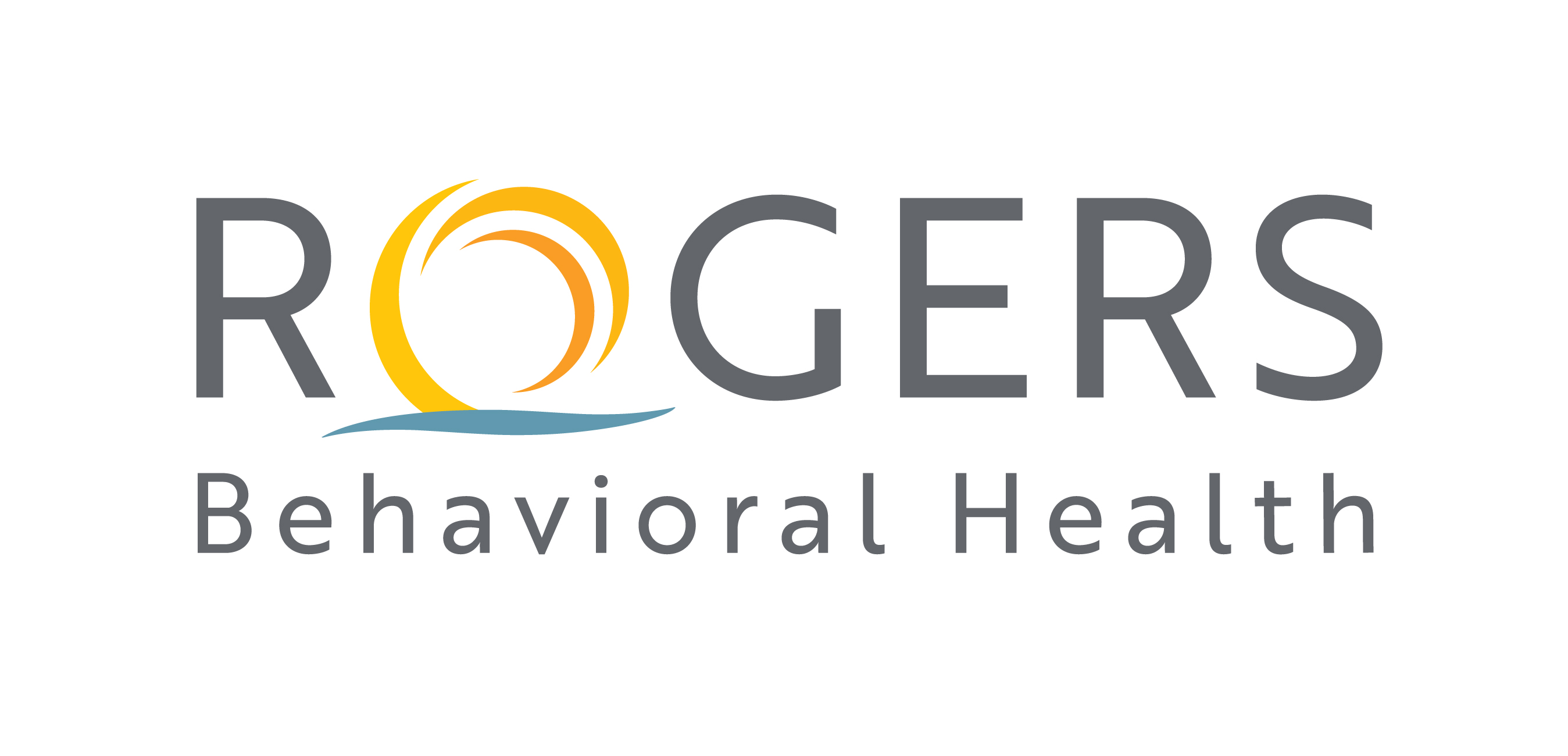Evidence-based psychological and pharmacological interventions for perinatal mood and anxiety disorders
Perinatal mood and anxiety disorder (PMAD) is debilitating for women during pregnancy and the first 12 months postpartum, which may lead to socioeconomic burdens, a negative impact on children and partners, and suicidal behaviors. The pooled prevalence rate for perinatal depression is between 10-15% in developed countries and 19-25% in developing countries, while the prevalence rate for perinatal anxiety is around 13%. Several treatment options exist with strong research support such as cognitive behavioral therapy (CBT) and interpersonal psychotherapy (IPT). Selective serotonin reuptake inhib...Read moreitors (SSRIs) have demonstrated good efficacy when compared to a placebo control. Despite these evidence-based treatments, up to 86% of women with PMAD do not receive adequate treatment. Identified barriers include stigma, logistical barriers to engaging in treatment, fear toward psychopharmacology, and a limited number of clinicians who have received PMAD management training.
Designed for intermediate practitioners, this live interactive webinar will discuss the socioeconomic impact of PMAD, barriers to treatment engagement, and implementation of evidence-based interventions. The presentation will cover current recommendations to reduce barriers to treatment to help clinicians effectively implement PMAD management in different settings and diverse patient populations with intersectional identities. At the end of the presentation there will be a moderated Q&A session to address audience questions. Less...
Learning Objectives
- Summarize the socioeconomic burden of PMAD for women with intersectional identities.
- Identify at least three psychological and pharmacological strategies that can be used to help women with PMAD.
- Describe four common barriers of PMAD management and implementation strategies to increase access to treatment.
Learning Levels
- Intermediate
Friday, August 26, 2022
01:00 PM EDT - 02:30 PM EDT
Register for this WebinarAbout the speakers
Agenda
1 pm ET Welcome and speaker introduction
1:05 pm The socioeconomic burden of PMAD
- Current prevalence
- Existing research on the socioeconomic burden
- Social determinants for women with diverse intersectional identities
1:15 pm Psychological and pharmacological interventions for PMAD management
- Cognitive Behavioral Therapy (CBT) strategies
- Behavioral Activation and Exposure Therapy to target depression and anxiety symptoms
- Medication management
1:45 pm Strategies to implement PMAD management for diverse clinical settings and patient populations
- Common barriers to receive PMAD interventions
- Implementation strategies to support PMAD management
2:15 pm Moderated Q&A
2:28 pm Closure
CE Information - Earn 1.5 CE Credit Hours
CE Approvals
American Psychological Association
Association of Social Work Boards
National Board for Certified Counselors
Other Professionals
CE Process Info
Each professional is responsible for the individual requirements as stipulated by his/her licensing agency. Please contact your individual licensing board/regulatory agency to review continuing education requirements for licensure renewal. Please note: You must attend "live" (in real-time) to earn CE credits.
Before the event, you will receive an email from CE-Go with access to the virtual event. After the event, you will receive access to your evaluation and continuing education certificate via a personalized "attendee dashboard" link, hosted on the CE-Go website. This link and access to the virtual event will be sent to the email account you used to register for the event.
Upon accessing the CE-Go "attendee dashboard", you will be able to:
- Complete evaluation forms for the event
- Download your continuing education certificate in a PDF format
If you have any questions or concerns regarding the CE-Go process, please contact CE-Go at 888-498-5578 or by email at support@ce-go.com Please Note: Emails for this event will come from "support@ce-go.com".
Please make sure to check your spam/junk folder in case those emails get "stuck". We'd also suggest "whitelisting" support@ce-go.com. This tells your email client that you know this sender and trust them, which will keep emails from this contact at the top of your inbox and out of the junk folder.


